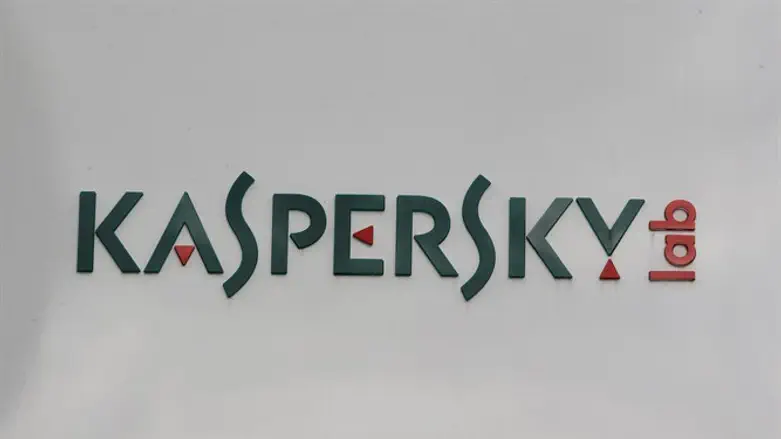
Israeli intelligence officials spying on Russian government hackers found they were using Kaspersky Lab software that is used by 400 million people globally, including U.S. government agencies, Reuters reported Tuesday, citing United States media.
According to the report, the discovery led to Washington's decision last month to order Kaspersky software removed from all government computers.
The Washington Post reported that the Israeli spies had also found in Kaspersky's network hacking tools that could only have come from the U.S. National Security Agency (NSA).
After an investigation, the NSA found that those tools were in possession of the Russian government, the report said.
Late last month, the Post added, the U.S. National Intelligence Council completed a classified report that it shared with NATO allies concluding that Russia’s FSB intelligence service had “probable access” to Kaspersky customer databases and source code, the Post reported.
That access, it concluded, could help enable cyber attacks against U.S. government, commercial and industrial control networks, the report said.
The New York Times said the Russian operation is known to have stolen classified documents from a National Security Agency employee who had improperly stored them on his home computer, which had Kaspersky antivirus software installed on it.
It is not yet publicly known what other U.S. secrets the Russian hackers may have discovered by turning the Kaspersky software into a sort of Google search for sensitive information, the Times said.
The Times cited current and former government officials who spoke about on condition of anonymity because of classification rules.
The newspaper said the National Security Agency and the White House declined to comment, as did the Israeli Embassy. The Russian Embassy did not respond to requests for comment.
Kaspersky Lab denied to the Times any knowledge of, or involvement in, the Russian hacking.
“Kaspersky Lab has never helped, nor will help, any government in the world with its cyberespionage efforts,” the company stressed in a statement on Tuesday.
Kaspersky spokeswoman Sarah Kitsos told the Washington Post on Tuesday that “as a private company, Kaspersky Lab does not have inappropriate ties to any government, including Russia, and the only conclusion seems to be that Kaspersky Lab is caught in the middle of a geopolitical fight.”
She said the company “does not possess any knowledge” of Israel’s hack.
U.S. intelligence agencies have concluded that Russian President Vladimir Putin ordered cyberattacks during the election campaign in order to sabotage Hillary Clinton's candidacy. Moscow denies the charge.
U.S. President Donald Trump confronted Russian President Vladimir Putin about Moscow's election meddling during a face-to-face meeting in Germany this past summer.
Trump recently signed a bill imposing sanctions on Moscow over its interference in the 2016 U.S. presidential election and for its military aggression in Ukraine and Syria.
In response, Putin angrily ordered a reduction in the number of U.S. diplomats in Russia. The Trump administration then ordered Russia to shutter a consulate in San Francisco as well as annexes in Washington and New York.